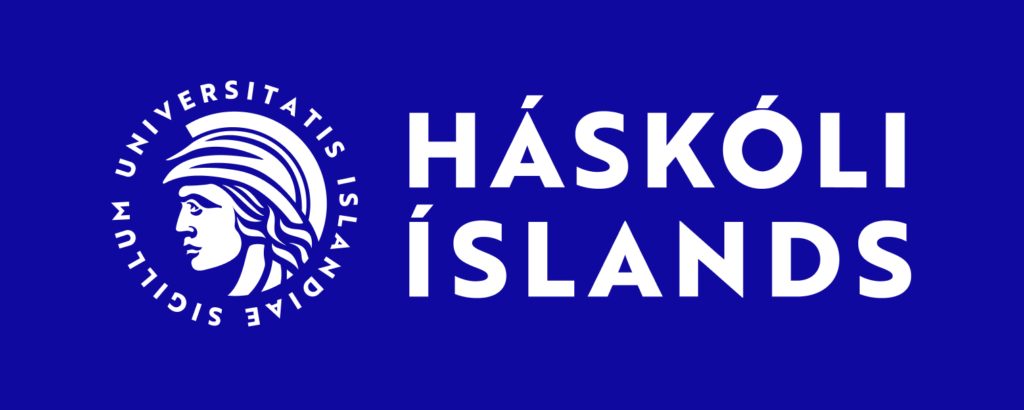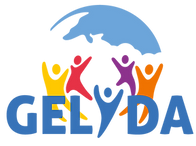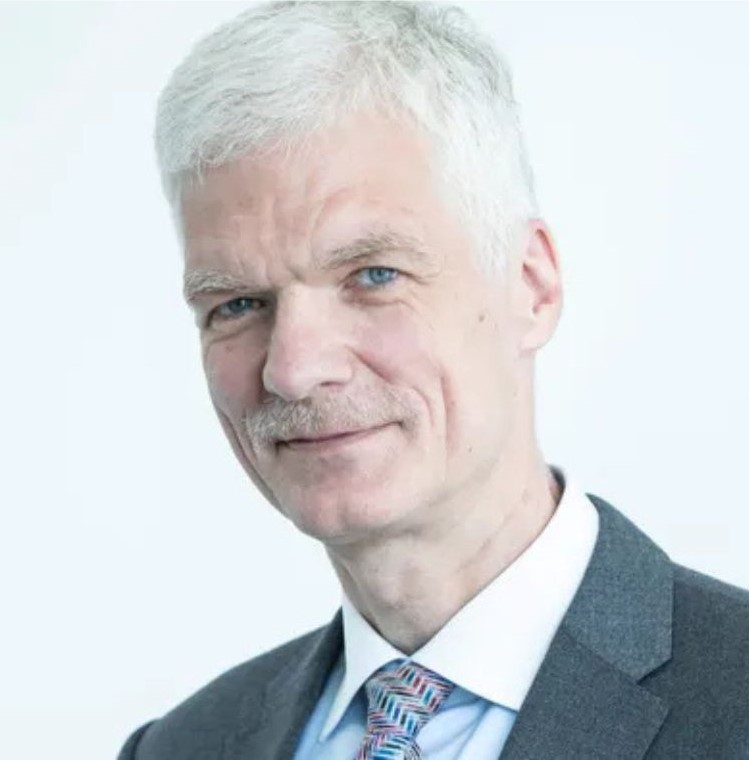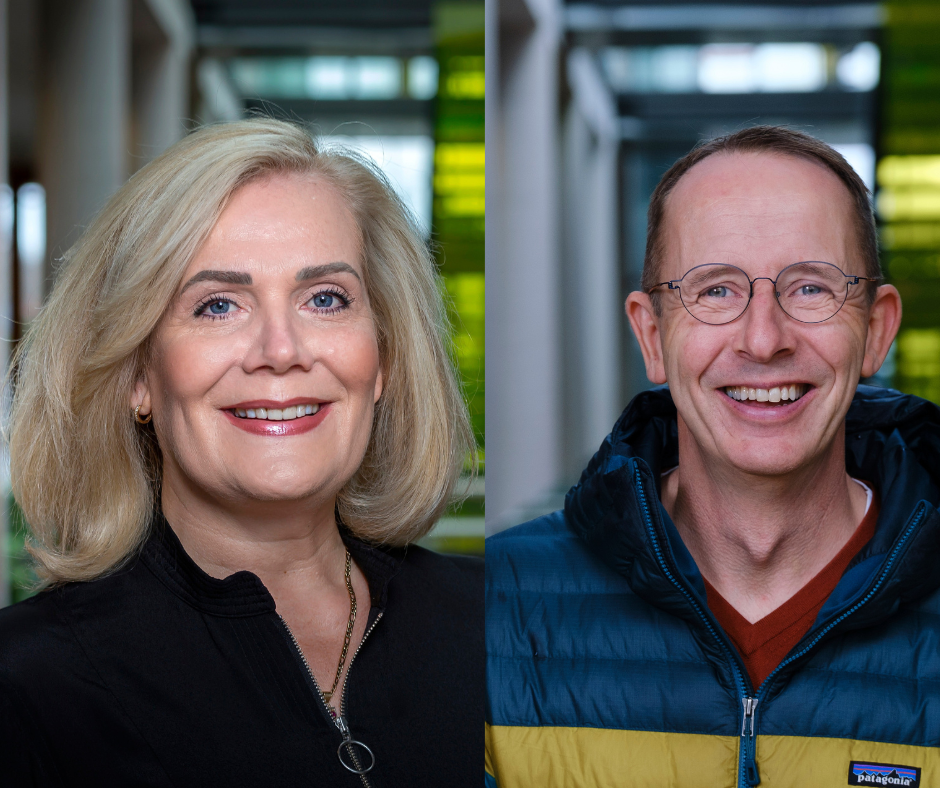

Conference Venue:
Building: VERÖLD (on the main Campus)
Address: Brynjólfsgata 1, 107 Reykjavík
School of Education
University of Iceland
Email: gelyda2025@hi.is
© All rights reserved

In today’s world, education is no longer just about teaching students something, but about helping them develop a reliable compass and the tools to navigate with confidence through an increasingly complex, volatile and uncertain world. Success in education today is about building curiosity – opening minds, it is about compassion –opening hearts, and it is about courage, mobilising our cognitive, social and emotional resources to take action. And those are also our best weapon against the biggest threats of our times – ignorance – the closed mind, hate – the closed heart, and fear – the enemy of agency.
The kind of things that are easy to teach and test have become easy to digitize and automate. We know how to educate second-class robots, people who are good at repeating what we tell them. In this age of accelerations and artificial intelligence, we need to think harder about what makes us human. The future is about pairing the artificial intelligence of computers with the cognitive, social and emotional skills and values of human beings.
The conventional approach in school is often to break problems down into manageable bits and pieces and then to teach students how to solve these bits and pieces. But modern societies create value by synthesising different fields of knowledge, making connections between ideas that previously seemed unrelated, connecting the dots where the next innovation will come from.
In the past, schools were technological islands, with technology often limited to supporting and conserving existing practices, and students outpacing schools in their adoption of technology. Now schools need to use the potential of technologies to liberate learning from past conventions and connect learners in new and powerful ways, with sources of knowledge, with innovative applications and with one another.
The past was also divided – with teachers and content divided by subjects and students separated by expectations of their future career prospects; with schools designed to keep students inside, and the rest of the world outside; with a lack of engagement with families and a reluctance to partner with other schools. The future needs to be integrated – with an emphasis on the inter-relation of subjects and the integration of students.
In today’s schools, students typically learn individually and at the end of the school year, we certify their individual achievements. But the more interdependent the world becomes, the more we need great collaborators and orchestrators. We can see during this pandemic how the well-being of countries depends increasingly on people’s capacity to take collective action. Schools need to help students learn to be autonomous in their thinking and develop an identity that is aware of the pluralism of modern living. This is important. At work, at home and in the community, people will need a broad understanding of how others live, in different cultures and traditions, and how others think, whether as scientists or as artists.
The presentation will look at how teachers, schools and school systems can rise to this challenge.

Andreas Schleicher is Director for Education and Skills at the Organisation for Economic Co-operation and Development (OECD). He initiated and oversees the Programme for International Student Assessment (PISA) and other international instruments that have created a global platform for policy-makers, researchers and educators across nations and cultures to innovate and transform educational policies and practices.
He has worked for over 20 years with ministers and education leaders around the world to improve quality and equity in education. Former U.S. Secretary of Education Arne Duncan said that Schleicher “understands the global issues and challenges as well as or better than anyone I’ve met, and he tells me the truth” (The Atlantic, July 11). Former UK Secretary of State Michael Gove called Schleicher “the most important man in English education” – even though he is German and lives in France.
Before joining the OECD, he was Director for Analysis at the International Association for Educational Achievement (IEA). He studied Physics in Germany and received a degree in Mathematics and Statistics in Australia. He is the recipient of numerous honours and awards, including the “Theodor Heuss” prize, awarded in the name of the first president of the Federal Republic of Germany for “exemplary democratic engagement”. He holds an honorary Professorship at the University of Heidelberg.

The aim is to offer insights into how outdoor environments can afford unique opportunities for learning, development, and well-being. Based on the research project “Affordances of Outdoor Education in Iceland: How nature contributes to place-based experience, reflection and friendship.” The project sheds light on a range of outdoor education activities that can be found as vital components in leisure and schools and tourism. The research aims to explore different aspects of outdoor activities in Iceland and highlight some key factors that have educational value and simultaneously place it in the context of children’s outdoor life. Nature itself takes precedence, but social interaction, personal experiences, place, and reflection are all key components that ensure that the outdoor activities become significant as outdoor education. In his presentation the focus will be on the value of outdoor experiential education in Iceland and how it relates to place, reflection and friendship in the context of nature. Emphasis will be placed on the practical significance of this research and the value of being active, relationships with yourself, others and nature, and the importance of collaboration between those working in education in both traditional and non-traditional sense will be discussed.
How can we empower children and youth to ignite their passion and discover their true selves as individuals and active members of society
In the present day, as has often been the case throughout history, the world faces urgent challenges related to freedom, equality, and the pursuit of peace within the global community. This presentation explores the vital role of young people in shaping a prosperous and just society—not only as future citizens but as active participants in the present. It emphasizes the importance of youth engagement in public life and their capacity to be agents of change in both local and global contexts. My discussion begins with the recognition that individuals and society are fundamentally interconnected. As articulated by classical philosophers such as Plato and Aristotle, human flourishing depends on the structures, values, and norms embedded within the society we inhabit. Though they approached this interdependence differently, both saw the individual’s development as inseparable from the collective good. In this presentation, I will examine the concepts of freedom, engagement, and responsibility in young people’s lives through the lens of developmental civic agency framework.

Jakob has worked extensively in the field of education, including in youth centers and compulsary schools in Reykjavík, in business development, tourism, and universities. He has also worked with the education and training company KVAN. Jakob has worked at the University of Iceland since 2004, conducting research, teaching, and development work in outdoor learning, outdoor recreation, leisure studies, experiential learning, and event management. Jakob holds a PhD degree and his docroral project was about “Affordances of Outdoor Education in Iceland: How nature contributes to place-based experience, reflection and friendship.”
Dr. Ragný Þóra Guðjohnsen is an Associate Professor at the School of Education, University of Iceland. Her journey began in Law School and after graduating she worked for the District Commissioner of Reykjavik were she gained valuable experience in family law. Her passion for the welfare of children and young people however led her to transition into an interdisciplinary path, working in policy making, preventice measures and education for a decade as part of a municipal council. Later she pursued a master’s and doctoral degree in pedagogy and education and became an academic in the School of Education at the University of Iceland. Her teaching and research revolve around children’s and young people’s wellbeing and their active roles in the broader society and global world. Ragný is the academic leader of the Icelandic Youth Study in Iceland and the PI for HBSC and ESPAD in Iceland.